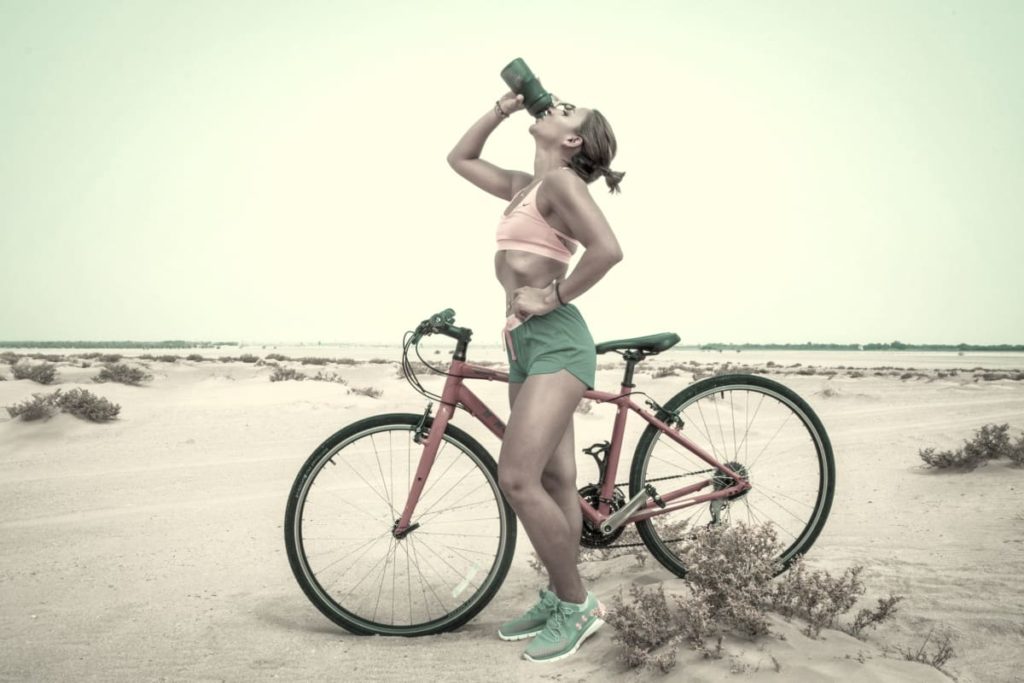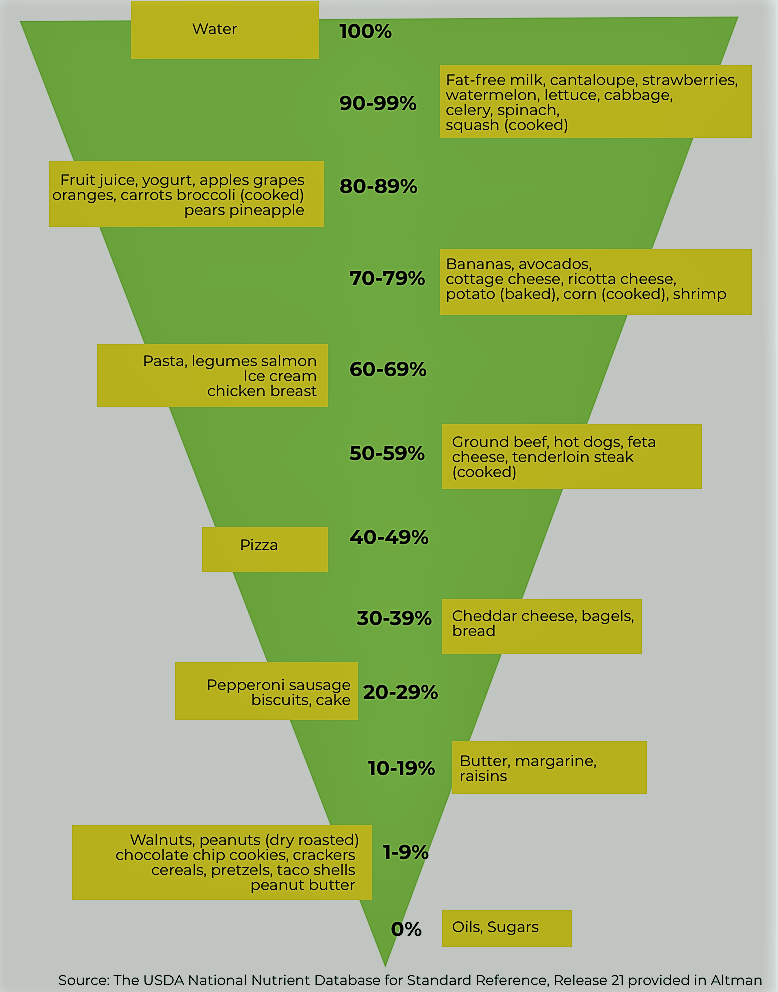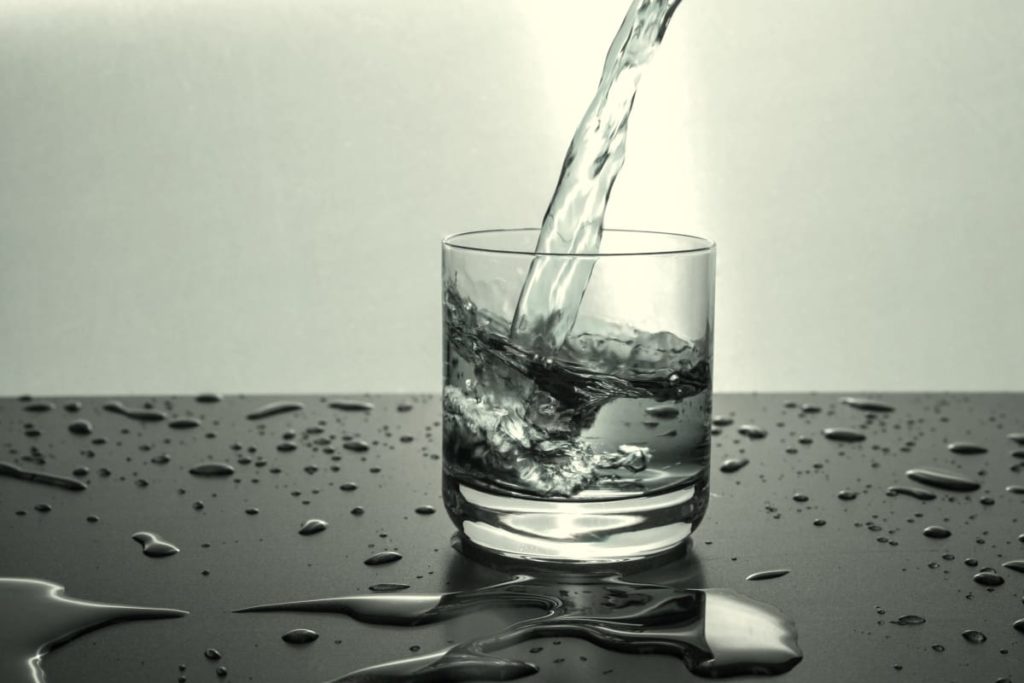‘Sweating on a hot sunny day’
‘Seeing someone drink water’
‘I am thirsty, I need a glass of water- hearing someone say this’
Does any of this ring a bell and makes you get up to have a glass of water?
Around 60% of the human body is made up of water. Water is essential for our survival. Yet, most people consume much less than the recommended intake, irrespective of the season. In India, dehydration and Diarrhoea are 88.9% of the total diseases reported, in kids of age group 0 to 5 years, in 2010-11, compared to 84.7% in 2009-10. In the USA, 54.5% of children, aged 6 to 19 years, are inadequately hydrated. As per a study, approximately 20% of the free-living population, in the age group of 39± 12 years, are dehydrated in Germany, Spain and Greece, over a 7 day period. 75% of the Americans may suffer from chronic dehydration.
You may think that you drink enough water to be dehydrated. Well, thirst itself is a sign, that you may be mildly or even moderately dehydrated. Other signs may include irritable behaviour or slightly sunken eyes. Severe dehydration, on the other hand, shows itself as lethargy, decreased frequency of urination, undetectable or low blood pressure or a rapid and feeble pulse.
Still think that the above symptoms can be ignored?
Do you, sometimes, find it difficult to find the TV remote, that was in your hands a few minutes ago? Dehydration can affect short-term memory, attention and vigor. It may also cause dizziness, weakness or confusion. As per a study by Georgia Tech, tasks that require you to stay alert and attentive, get impacted due to dehydration. For instance, maintaining focus in a long meeting or driving a car. Cognitive performance, tracked by measuring accuracy and reaction time, can be impaired due to dehydration, affecting an individual’s decision-making ability, eye-hand coordination or problem-solving ability. In healthy adolescents, dehydration can cause shrinkage of brain tissue thereby affecting brain structure. With time, failure to drink enough water can give rise to a wide range of health issues, from fatigue, joint pain or weight gain to headaches, ulcers or even affect the kidneys.
In all certainty, thereby, we can say that it is of utmost importance to maintain optimum hydration levels and to stay euhydrated. Water may finally, be our not so secret magical elixir, the key for unlocking our full potential and living life energetically, to the fullest.
The recommended intake of Water

There is no one size fits all, answer to this question. Our daily water requirement depends on a number of factors like climate, physical activity, medical condition apart from age, gender and fitness level. However, an average intake of 2.7 litres for women and 3.7 litres for men is considered to provide adequate hydration in healthy individuals with moderate activity in a mild climate.
Intimidated? Relax, this refers to the total daily fluid intake from all sources, including plain water, milk, beverages, water-rich foods etc. Though we can supplement 20% of our water intake by eating various foods, yet we depend on liquids for 80% of our hydration requirement, as per experts.

Drinking plain water, however, is the most hydrating, natural and beneficial. Seeing someone drink water, sweating or hearing someone ask for water, are nothing but cues – visual, tactile, audio or any sensory prompt, that nudges, prods or reminds you to take water. As simple as it sounds, we get these cues more often in summers than in winters. Does that explain why we drink less water in winters, compared to summers? But then this also leaves a hint, waiting to be picked up. Advertisements condition our minds to associate a Coke or a can of preserved fruit juices as a means to satiate our thirst. Can we now create our own cues and train our minds to drink more water?
Applying Pavlov’s experiment to condition ourselves to drink more water and developing healthy hydration habits can help us take some determined steps to stay hydrated. Sipping water gradually throughout the day, after every loo break, in the morning, before tea or coffee, before you leave home, after you come home etc are some of the ways by which we can gradually increase the water consumption in our happily unsorted lives.
